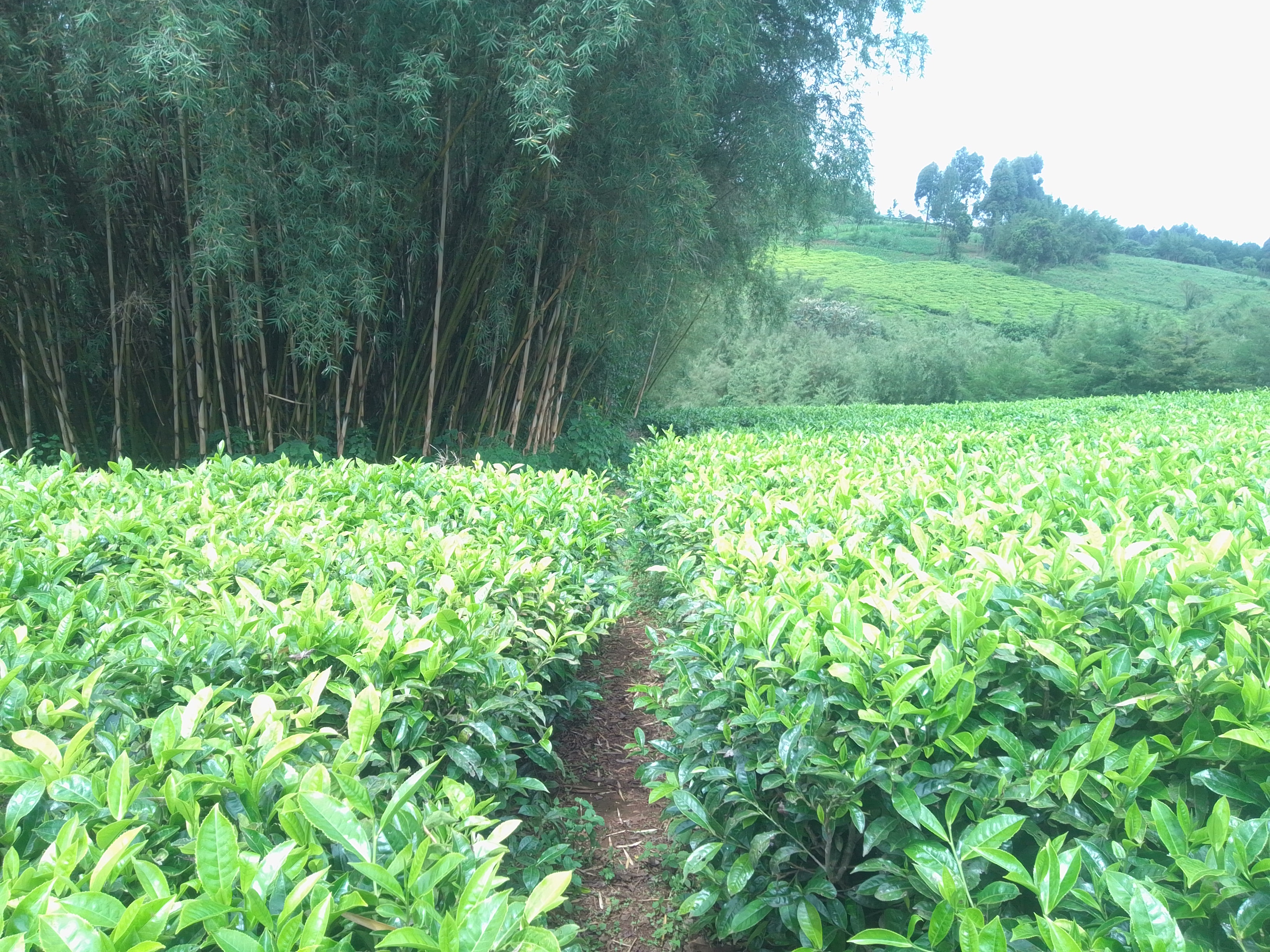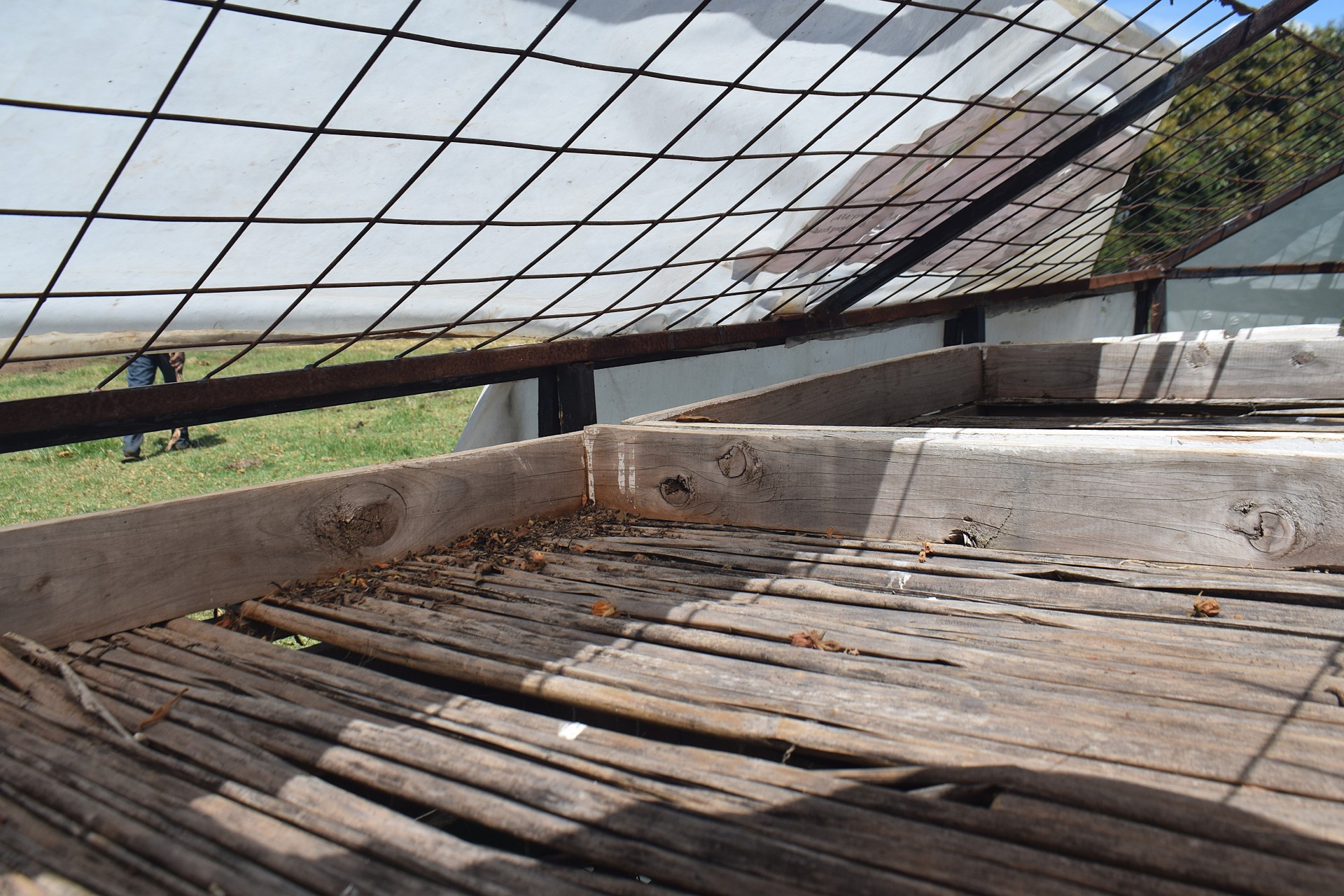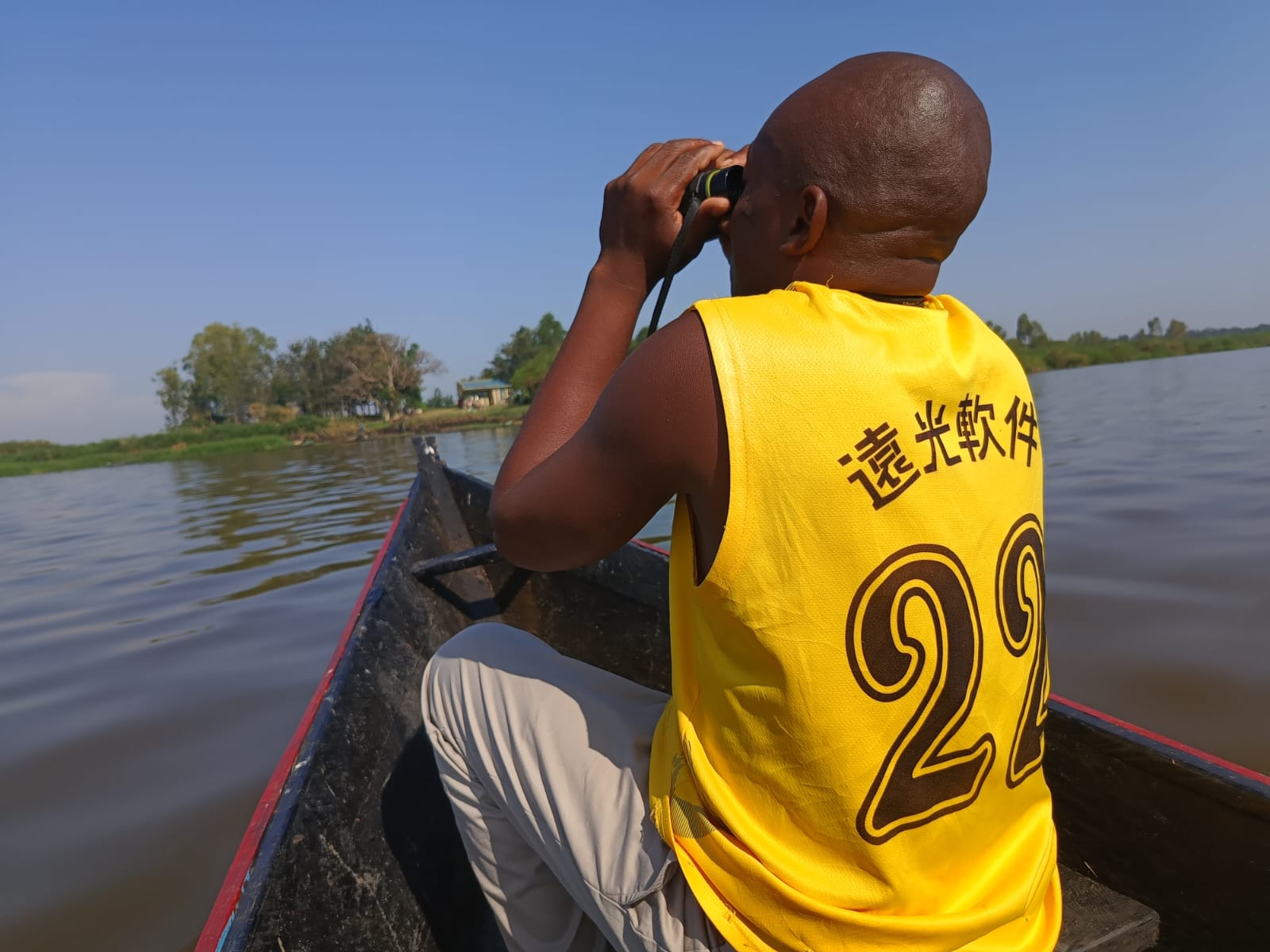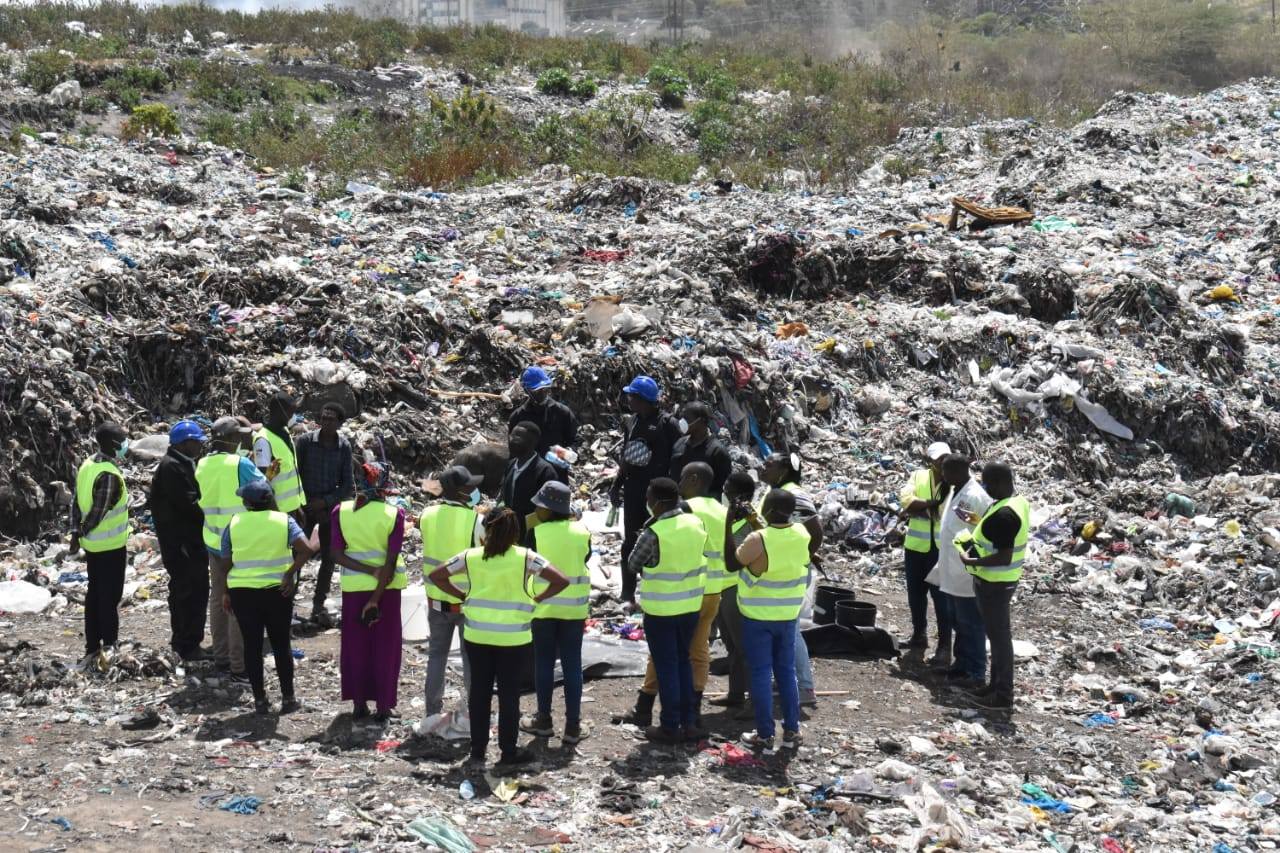- Bamboo, often dubbed "the green gold," plays a pivotal role in Langat's conservation strategy. Its extensive root systems are renowned for anchoring soil and reducing runoff, making it an ideal choice for riparian restoration.
- Water conservation remains a crucial element in sustaining agriculture and enhancing rural livelihoods.
In the verdant highlands of Kiptangoton village, nestled within Tinet Ward of Kuresoi South Subcounty, a quiet revolution is taking place.
Amidst the rolling tea plantations, farmer Joseah Langat is leading a transformative environmental conservation effort, intertwining traditional wisdom with sustainable practices to safeguard the region's natural resources.
Central to Langat's conservation initiative is the protection of a vital water body coursing through his tea farm. Recognizing the indispensable role of water in both agriculture and daily life, Langat has taken proactive measures to ensure its preservation.
He has established a protective buffer zone along the waterway, planting indigenous trees and bamboo to stabilize the soil and enhance water retention.
.jpg)
Read More
"The stream is the lifeline of our farm," Langat explains. "By nurturing its banks with native vegetation, we're not only preventing erosion but also ensuring a steady water supply for our crops and community."
Bamboo, often dubbed "the green gold," plays a pivotal role in Langat's conservation strategy. Its extensive root systems are renowned for anchoring soil and reducing runoff, making it an ideal choice for riparian restoration.
Moreover, bamboo's rapid growth and high water absorption capacity contribute to groundwater recharge and drought mitigation.
Complementing the bamboo are a variety of indigenous trees, carefully selected for their adaptability to local conditions and their support of biodiversity.
These native species not only provide habitat for wildlife but also enrich the soil and maintain the ecological balance of the area.
Langat's efforts align with broader national initiatives aimed at environmental restoration and sustainable agriculture. Organizations across Kenya are promoting the integration of tree planting within farming systems to combat land degradation and enhance food security.
By incorporating conservation practices into his tea farming, Langat exemplifies how agricultural productivity and environmental stewardship can go hand in hand.
Beyond his farm, Langat is actively engaging with fellow farmers and local stakeholders to disseminate knowledge and encourage collective action.
He conducts workshops and field demonstrations, showcasing the tangible benefits of integrating conservation into farming practices.
Water conservation remains a crucial element in sustaining agriculture and enhancing rural livelihoods.
Communities that depend on farming are especially vulnerable to the effects of water scarcity, with streams and rivers often being the only reliable sources of water for both domestic and agricultural use.
Langat, a dedicated tea farmer, is urging the relevant authorities to prioritize the rehabilitation and conservation of natural streams running through his farmland.
He notes that these streams are vital not only for his crops but also for the general well-being of villagers who rely on them for daily water needs.
His appeal adds to growing calls from rural farmers for increased investment in water resource management, particularly in tea-growing regions where climate change and human activities have heavily impacted water catchments.
Langat believes that with proper support, water conservation can help uplift farming families and contribute to food security and economic stability in the region.
"Our goal is to inspire a community-wide commitment to preserving our natural resources," Langat asserts. "Together, we can build a resilient and sustainable future for our region."
In the face of environmental challenges, individuals like Joseah Langat illuminate a path forward through dedication and innovation.
His work in Kiptangoton village serves as a testament to the profound impact that sustainable farming and environmental conservation can have on both local ecosystems and community well-being.


-1769677767.jpg)




-1768983522.png)